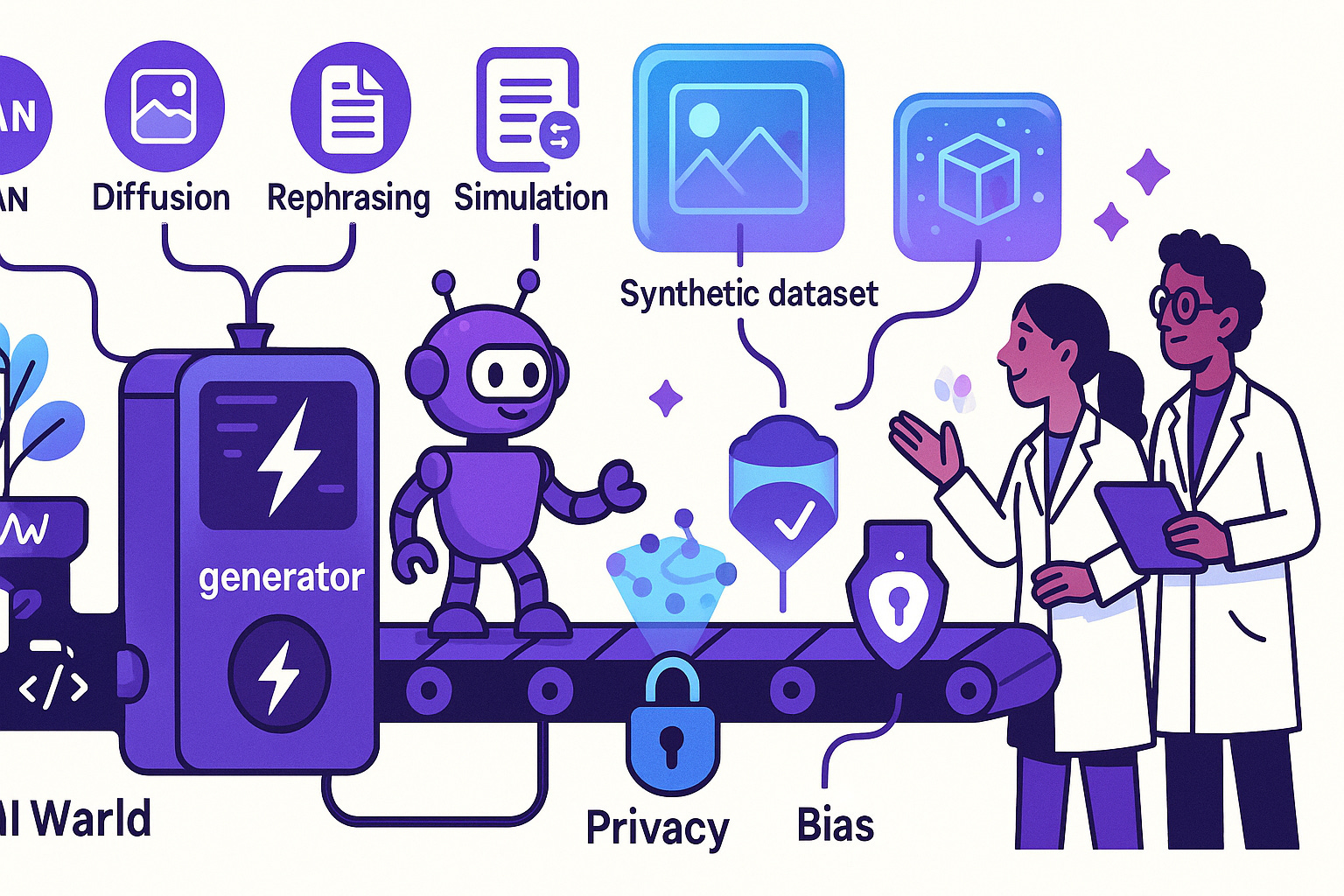MedEqualizer: A Framework Investigating Bias in Synthetic Medical Data and Mitigation via Augmentation
PositiveArtificial Intelligence
The introduction of MedEqualizer marks a significant step forward in addressing bias in synthetic medical data. This framework not only enhances data accessibility for research but also ensures fairness across protected attributes, which is crucial for reliable clinical decision-making. By tackling the limitations of real-world datasets, MedEqualizer aims to improve the integrity of healthcare research, making it a vital tool for researchers and practitioners alike.
— Curated by the World Pulse Now AI Editorial System



